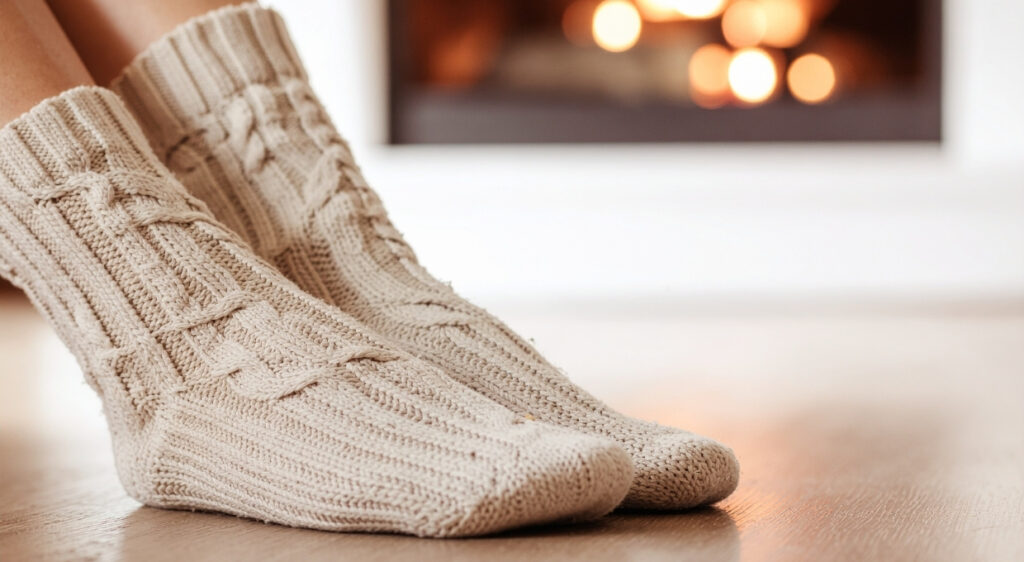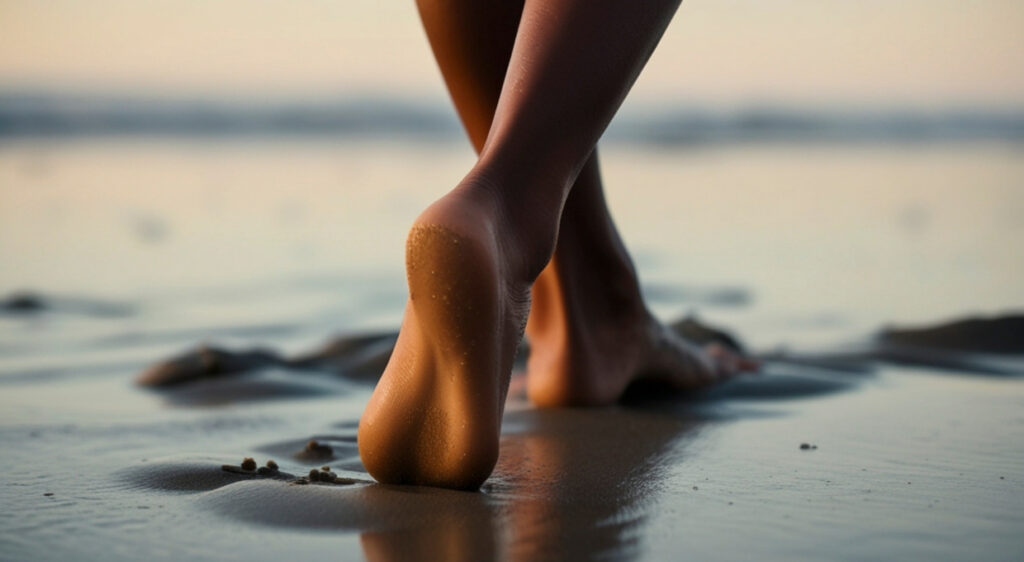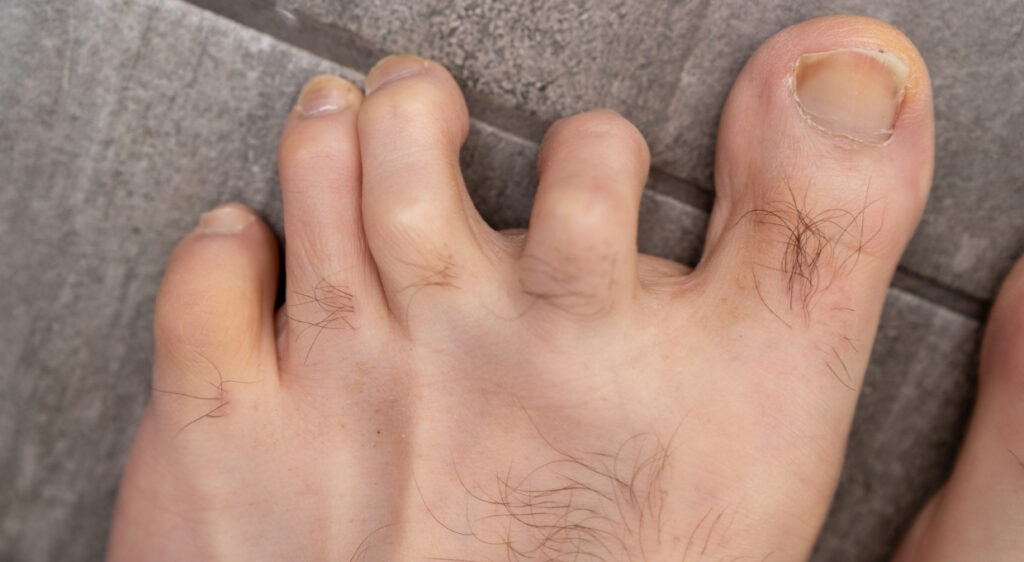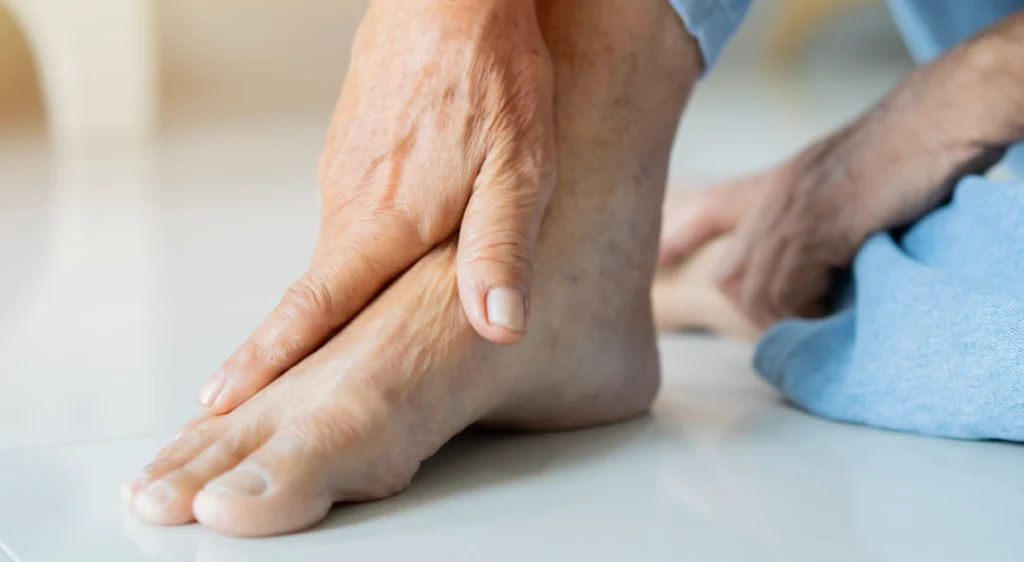Especialista en Cirugía Percutánea del Pie
Founder and Medical Director
Based on verified patient feedback
👨⚕️ Hoy el Dr. Israel San Román Sirvent, especialista en Cirugía Percutánea del Pie, nos habla sobre un tema clave:
Plantillas personalizadas… ¿son una solución para siempre?
👣 Cuándo ayudan, cuándo no y por qué no todas las plantillas son iguales.
Una explicación clara para entender su verdadero papel en el tratamiento del dolor y la pisada.
👉 Dale play y descubre si las plantillas son la solución adecuada para tu caso.

👣 Correcciones precisas también forman parte del proceso.
✨ La clave está en los detalles, el seguimiento y la personalización de cada caso.
👉 En Clínica San Román, valoramos y ajustamos cada tratamiento para conseguir el mejor resultado posible. Agenda tu valoración.
📲 (+𝟑𝟒) 𝟗𝟔𝟓 𝟗𝟐𝟏 𝟏𝟓𝟔
📩 𝐢𝐧𝐟𝐨@𝐜𝐥𝐢𝐧𝐢𝐜𝐚𝐬𝐚𝐧𝐫𝐨𝐦𝐚𝐧.𝐜𝐨𝐦
#foot #salud #medicina #medico #medicine #esteticacorporal #podologo #foothealth #salud #Juanetes #OperaciónPie

👣 Cirugía MIS: precisión, menos dolor y una recuperación más rápida.
Incisiones mínimas, alta precisión y la posibilidad de caminar el mismo día, respaldadas por más de 45 años de experiencia en cirugía del pie.
👉 ¿Quieres saber si eres candidato? Agenda tu valoración en Clínica San Román.
#foot #salud #operacion #pies #medicina #juanetes

🇬🇧 Big changes, big transformations.
Every step we take is to improve our patients’ lives.
👉 Discover what we can do for you at Clínica San Román.
📲 (+𝟑𝟒) 𝟗𝟔𝟓 𝟗𝟐𝟏 𝟏𝟓𝟔
📩 𝐢𝐧𝐟𝐨@𝐜𝐥𝐢𝐧𝐢𝐜𝐚𝐬𝐚𝐧𝐫𝐨𝐦𝐚𝐧.𝐜𝐨𝐦
#cirugiasanromantop
#foot #salud #medicina #medico #medicine #esteticacorporal #podologo #foothealth #salud #Juanetes #OperaciónPie #diabetes #consejos #tips #advice

🇪🇸 Descubre cómo la cirugía MIS transforma tus pies con incisiones mínimas y una recuperación más rápida. Camina el mismo día. Contáctanos para tu valoración.
🇬🇧 See how MIS surgery transforms your feet with minimal incisions and faster recovery. Walk the same day and feel the difference. Contact us for your evaluation.
🇳🇱 Zie hoe MIS-chirurgie je voeten transformeert met minimale incisies en een sneller herstel. Loop dezelfde dag nog. Neem contact met ons op voor een evaluatie.
#cirugiasanromantop
#salud #cuidado #ClínicaSanRomán #foot #runnergirl #runners #runner #pie #pisada

🇳🇱 Zie hoe MIS-chirurgie je voeten transformeert met minimale incisies en een sneller herstel. Loop dezelfde dag nog. Neem contact met ons op voor een evaluatie.
🇬🇧 See how MIS surgery transforms your feet with minimal incisions and faster recovery. Walk the same day and feel the difference. Contact us for your evaluation.
🇪🇸 Descubre cómo la cirugía MIS transforma tus pies con incisiones mínimas y una recuperación más rápida. Camina el mismo día. Contáctanos para tu valoración.
#foot #pie #pisada #piecavo #pieplano #pisada #arcoplantar #dolor #dolorenlospies #juanetes

🇬🇧 See how MIS surgery transforms your feet with minimal incisions and faster recovery. Walk the same day and feel the difference. Contact us for your evaluation.
🇪🇸 Descubre cómo la cirugía MIS transforma tus pies con incisiones mínimas y una recuperación más rápida. Camina el mismo día. Contáctanos para tu valoración.
🇳🇱 Zie hoe MIS-chirurgie je voeten transformeert met minimale incisies en een sneller herstel. Loop dezelfde dag nog. Neem contact met ons op voor een evaluatie.
#cirugiasanromantop
#feetlovers #salud #medicina #medico #medicine #plasma #foot #juanetesevero

👣 Cirugía MIS: menos incisiones, más resultados.
Correcciones precisas, recuperaciones más rápidas y pacientes que vuelven a caminar el mismo día.
En Clínica San Román somos pioneros en técnicas mínimamente invasivas con más de 45 años de experiencia.
👉 ¿Quieres saber si eres candidato? Agenda tu valoración hoy mismo.
#foot #VerrugasPlantares #TecnologíaSwift #ClínicaSanRomán #CuidadoDelPie #PodologíaInnovadora #feetlovers #salud #medicina #medico #medicine




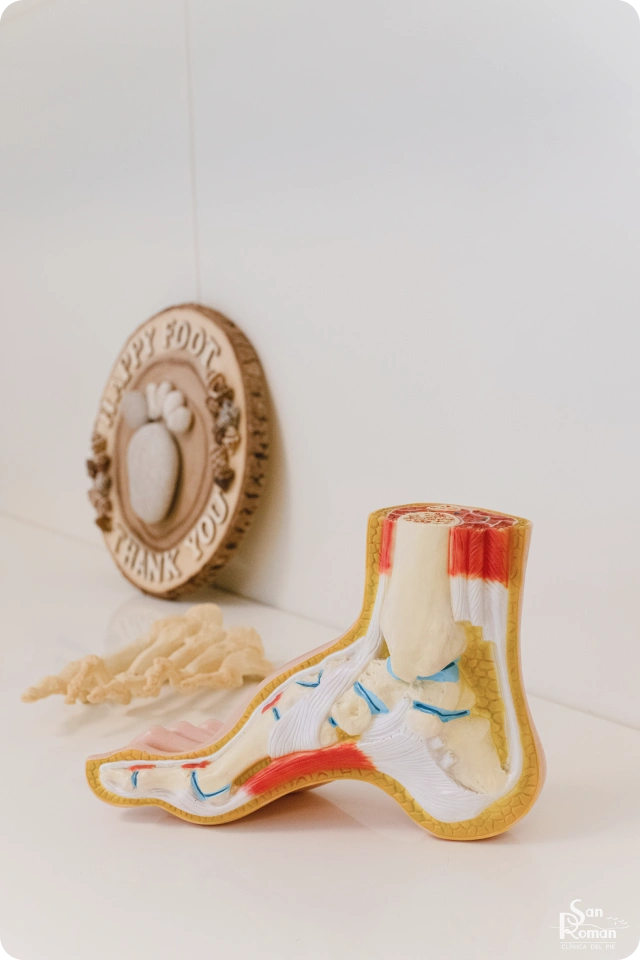
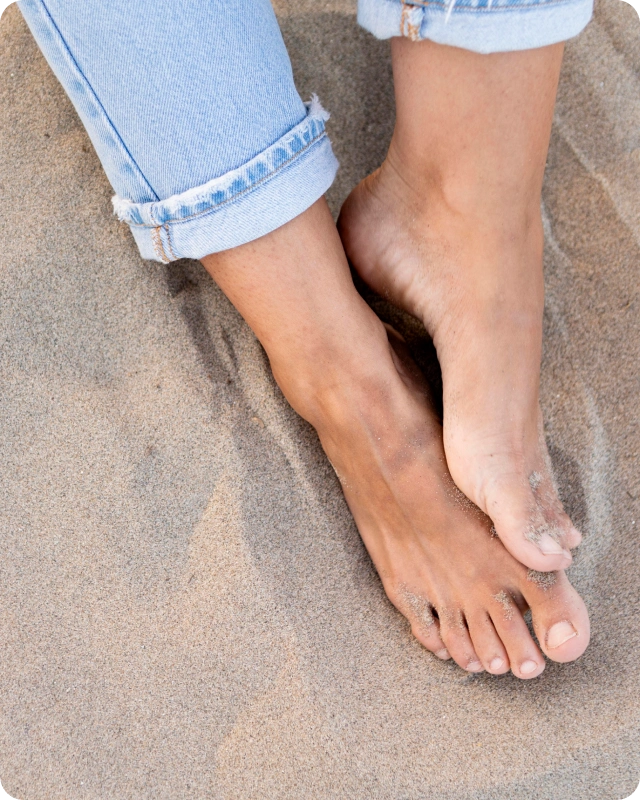
Back to sports without pain: Actual recovery timetable after foot surgery
For an active person, a runner, a hiking enthusiast or someone who simply needs their…
Traditional open surgery vs. MIS technique: Why walking out the first day changes everything.
There comes a time in life when foot pain forces you to consider the inevitable….
The 5 warning signs that your insoles are no longer sufficient
When foot pain begins to limit your daily life, the first line of defense is…
Summer vs. winter foot surgery: What is the best time for your operation?
One of the most recurring questions in our consultations is: “Should I wait until winter…
The domino effect: Why ignoring bunions and claw toes hurts your knees and back.
Patients often come to a podiatrist’s office when foot pain becomes unbearable or when they…
Walking out of the operating room: What is the actual recovery like after claw toe surgery?
Claw or hammertoe deformity is not only an aesthetic problem that prevents the wearing of…
Does bunion surgery really hurt? Myths and Realities of Minimal Incision Surgery
Fear of pain is undoubtedly the main reason why many people postpone their bunionette(hallux valgus)…
Recovery after Bunion Surgery: Everything You Need to Know
Recovery after bunion surgery is one of the aspects that most worries patients who are…


























